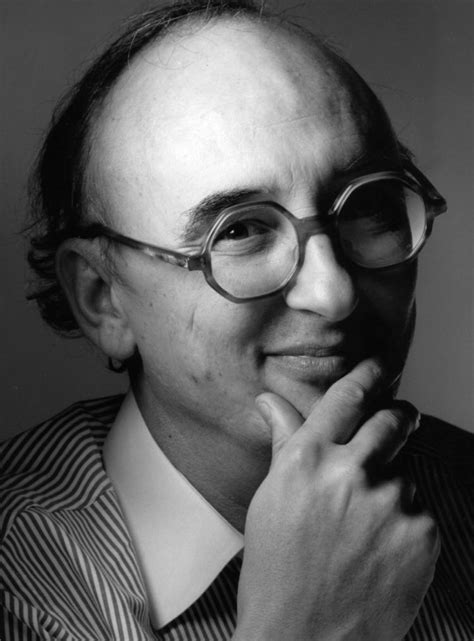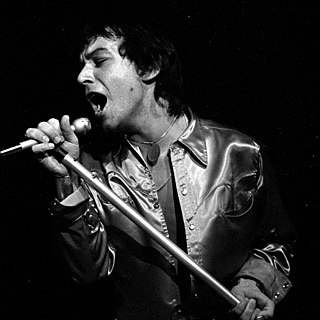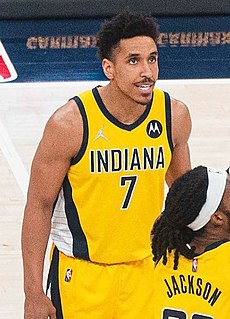A Quote by Robert Alan Aurthur
Water is one of the most basic of all needs - we cannot live for more than a few days without it. And yet, most people take water for granted. We waste water needlessly and don't realize that clean water is a very limited resource. More than 1 billion people around the world have no access to safe, clean drinking water, and over 2.5 billion do not have adequate sanitation service. Over 2 million people die each year because of unsafe water - and most of them are children!
Quote Topics
Access
Adequate
Around
Around The World
Basic
Because
Billion
Cannot
Children
Clean
Clean Drinking Water
Clean Water
Days
Die
Drinking
Drinking Water
Each
Each Year
Few
Granted
Limited
Live
Million
Million People
More
Most
Needs
Over
People
Realize
Resource
Safe
Sanitation
Service
Take
Than
Them
Unsafe
Very
Waste
Water
We Cannot
Without
World
Year
Related Quotes
Over 1 billion people have no access to clean drinking water, and more than 2.9 billion have no access to sanitation services. The reality is that a child dies every eight seconds from drinking contaminated water, and the sanitation trend is getting sharply worse, mostly because of the worldwide drift of the rural peasantry to urban slums.
Clean water is a necessity that we can no longer take for granted. Each year more people die of water related diseases than any other cause of death on this planet. With a higher rate of suffering and mortality than diabetes, cancer, high cholesterol, or war; or any two combined for that matter! An entire economy is growing around water. Those without money are suffering the most and risk severe illness from contaminated sources
I've been around water my whole life, so I basically really learned at a young age the importance of it but also one day, at one point, clean water will be hard to find. There's so many people throughout the world that don't have access to clean water. Obviously we're extremely fortunate to have the opportunities that we have and to have all the water that we have. Like I said, and I can't say it enough, we all should work together to try and conserve as much as we possible can.
When I'm talking about a developing world, I also look at clean-water access - women who are more vulnerable to sexual violence when they're fetching water. And talking about what we have going on here, with our carbon footprints and our emissions, is just as important to me as figuring out how to provide clean water to people who need it in regions around the world.
Rather than forcing local factories to clean up after themselves, Changzhou decided to outsource the job of managing its water supply to a French company named Veolia - one of a handful of corporate giants now scrambling to take over city water systems around the planet, especially in the often polluted and water-short developing world.






































